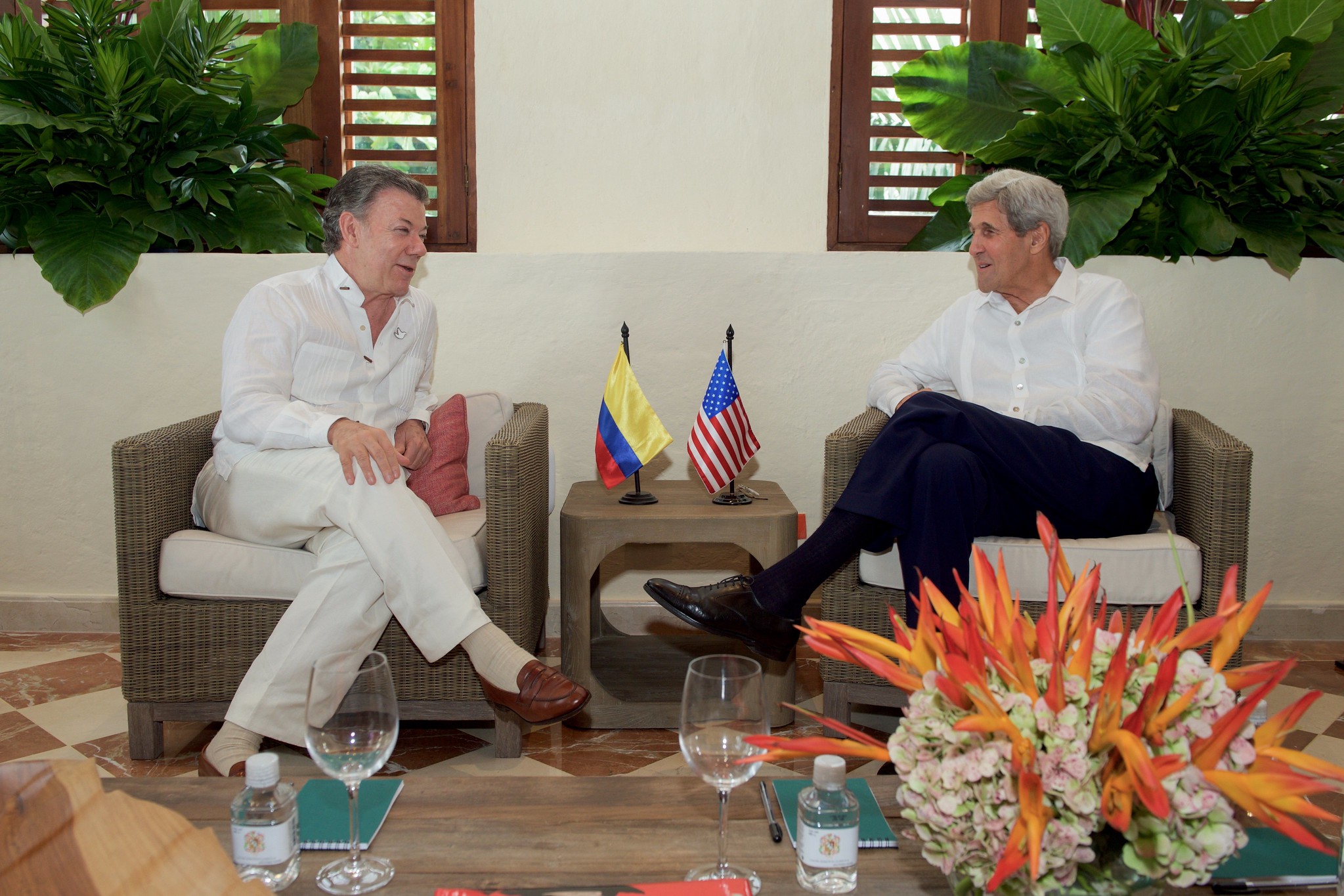It's an obvious question: Why did the revelation of the Trump/ Billy Bush/ Access Hollywood tape do so much more damage to his standing than all the previous controversies?
One answer: because the tape was definitive information about Trump's private behavior. This private-public distinction has been lost in the analysis of Trump's track record. Although there've been recurring reports of his personal unpleasantness, the big cycles of controversy have been around statements he made to public audiences or to well-documented dubious acts (e.g. his obsession with Alicia Machado's weight was on TV but his insults to her were not on tape, and his statements to Howard Stern were made to Howard Stern's massive audience for whom such language is part of the appeal).
The pundit obsession with gaffes ignores the fact that the public
doesn't fully believe any public statement by a politician, and instead they are comparing information from private statements (such as a tape) with the public ones to see if it alters their assessment of the politician's actual intensions.
Matthew Yglesias walks right into this fallacy with his attempted muting of the impact of the Hillary Clinton speech transcripts --
The secretness of private remarks and private knowledge makes them inherently tempting. But whether for pundits or politicians, there’s an important sense in which the public statement is the key one. Clinton can say whatever she wants to a private room of Brazilian bankers and it will in no way constrain her scope of action in the future. By contrast, when Clinton makes a public commitment to change the regulatory interpretations surrounding the Volcker Rule she is creating a real problem for herself if she doesn’t do it. Presidents usually make good faith efforts to implement their campaign promises, because politics is fundamentally a public undertaking. When you say you are going to do something, you probably have to try to do it and the more publicly and prominently you make the promise the harder it is to slip out of. Something said in private to Goldman Sachs is, by contrast, cheap talk.
The unquestioned premise is that the potential voter believes the public statement, while the bankers -- paying big money to be in the room -- know they're being had!
The point is that the Trump tape was a rare time in which the public got information about the private Trump, and it's led them (or people sensitive to the public's revised opinions) to a more negative view of him.
UPDATE: Whereas this
New York Times analysis by Michael Barbaro and Patrick Healy makes a very similar argument to the above i.e. that what changed was information about the private Trump, the ostensibly more quantitative/ statistical analysts are headed to a more abstract debate on whether we are seeing an unusually strong reaction to events (
Nate Silver) or rats that were looking for any excuse to exit a sinking ship (
Sam Wang). But if the event itself represented genuine news, the effort going into explaining the multiplier or casting as it as a Black Swan seems wasted.





